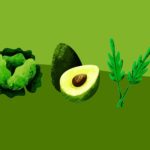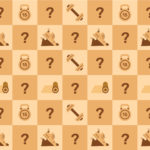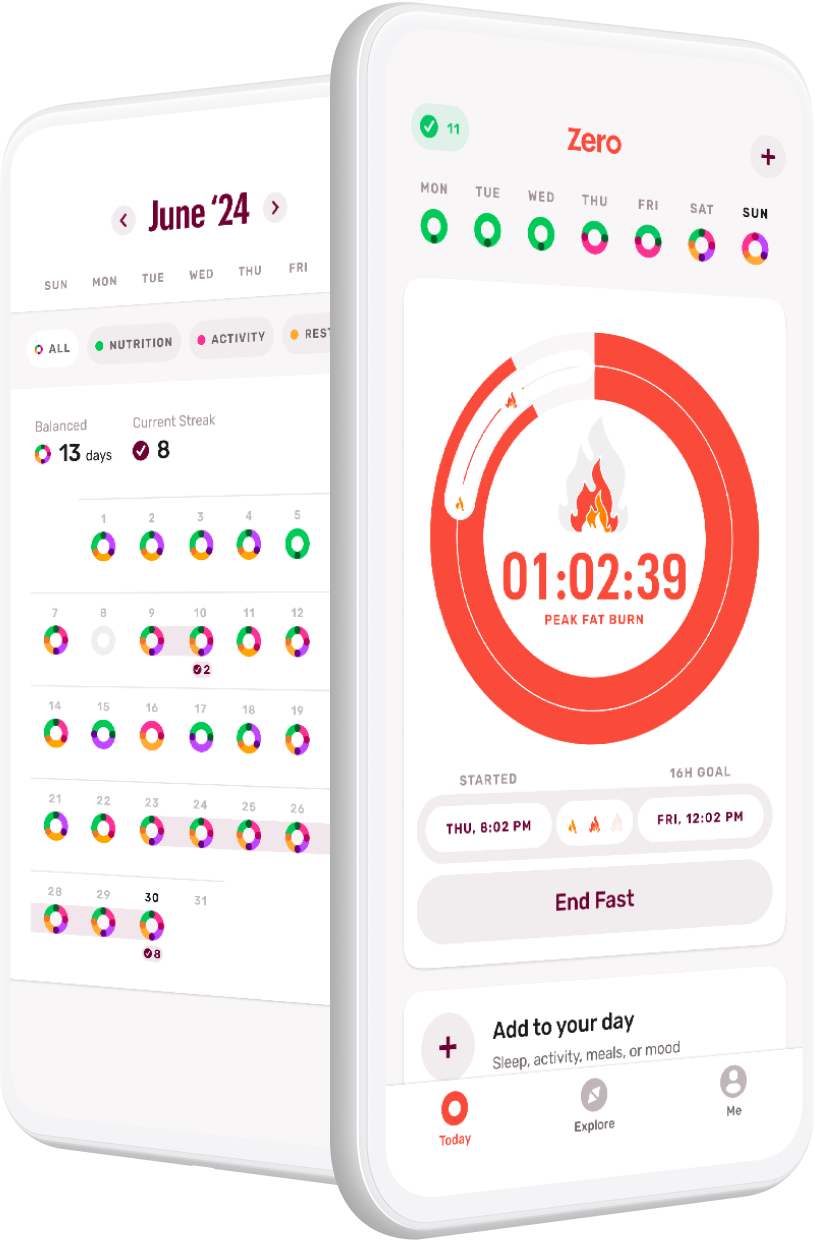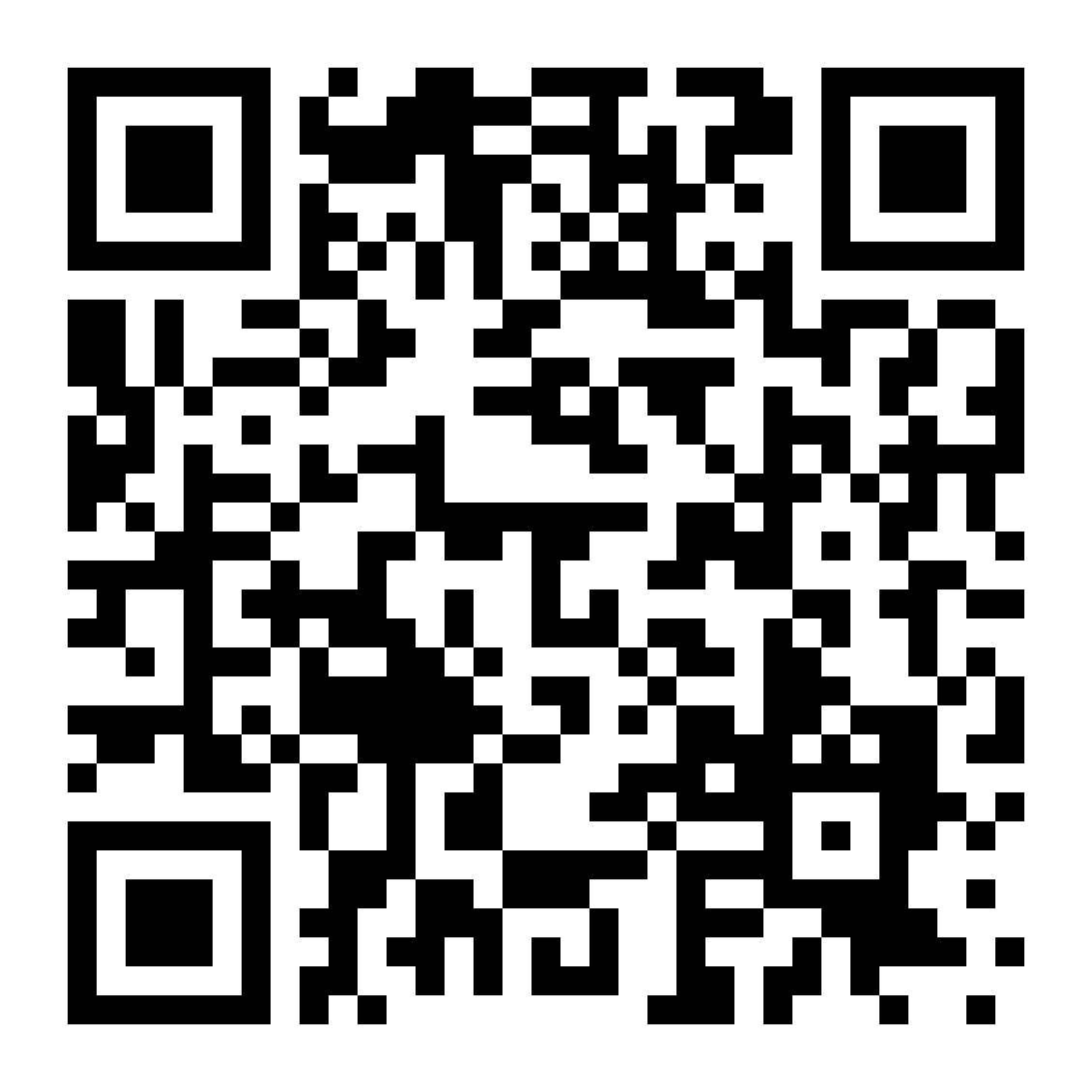Written and medically reviewed by Rich LaFountain, PhD
Intermittent fasting is popular because it’s simple — focusing on simply when you eat — and because it works. Ample research data support intermittent fasting as a superior alternative to well-known weight-loss strategies, like calorie counting. Of course, in order to have success with intermittent fasting, you need to be able to recognize if something you plan to eat or drink will break your fast. This is your guide!
Your Fasting Goals and Why Fast Breakers Aren’t Created Equal
Your fasting goals are the first thing you need in order to determine what foods and beverages will get in the way of the benefits you want from your fast. So, why are you using Zero?
Two of the most common reasons people use Zero are to lose weight and to improve their metabolic health. (More than 75% of Zero Members cite these two reasons for fasting!) Other common reasons include promoting autophagy or gut rest. It’s worth noting that none of these goals are mutually exclusive — you may have several goals at once, or they may shift over time.
To determine if something will break your fast, use your goal as a guide, as certain fasts have stricter parameters, while others are more flexible. Weight loss and metabolic health fasts are the most flexible in terms of “what is allowed” during a fast, while fasts for autophagy and gut rest require closer adherence to the textbook definition of fasting.
What Technically Makes a Food or Beverage Break a Fast?
Technically, if you’re going “by the book,” any food or beverage that contains calories will break a fast. This is the purist definition of fasting: complete abstention from calories from food and/or drink. If autophagy and/or gut rest are your goals, the purist definition is the one you need to use.
For most people who are fasting to reach weight-loss or metabolic-health goals, the strict technical definition of what breaks is not entirely necessary. For these more flexible fasts, ask yourself two questions in order to determine which foods or beverages might break your fast:
- Does this food or beverage contain calories?
- Will this food or beverage cause a spike in blood glucose and/or insulin?
If the answer to both questions is “no,” then you can consume that food or beverage without breaking your fast, regardless of your fasting goal.
Oftentimes, however, you will encounter foods or beverages that contain just a few calories but will not cause an increase in blood glucose or insulin. In many cases, these can be considered fast-friendly options that will not derail your weight-loss or metabolic-health goals. Black coffee and green or black tea are the most popular fast-friendly beverages that fall into this category. When consumed plain (i.e., without milk or sweetener), they contain 2–5 calories but will not spike glucose or insulin levels.
Read more here about foods and drinks that won’t break your fast.
What About Supplements and Medications?
Most medications that come in pill form and are swallowed with water — including pain relievers, cough and cold medicine, and allergy medications — do not contain calories and should not break your fast. However, pay attention to instructions regarding taking medications with food, as a meal will of course break your fast. Most medications in the form of syrups, lozenges, or gummies, meanwhile, usually contain sugar or another calorie-containing sweetener that will interfere with your fast.
When it comes to supplements, they aren’t regulated the same way as medications, so you’ll need to consider each one separately. Common supplements like vitamins, minerals, and electrolytes are usually fast-friendly, provided they don’t contain sugar and are not consumed as gummies or as part of other sweetened solids or liquids. Caffeine in the form of powder or pills is zero-calorie, but because it’s a stimulant (and stimulants disrupt autophagy), it’s only permissible on gut rest, metabolic-health, and weight-loss fasts. Creatine, meanwhile, is also calorie-free and fast-friendly for virtually any type of fast goal. Protein supplements that include essential or branched-chain amino acids are caloric and may also increase insulin levels, so they are not generally considered fast friendly.
Finally, probiotic supplements are fast-friendly, but they are most effective when consumed with food because the bacteria need something to “eat” to survive. Consequently, many probiotics now also are combined with prebiotics, which contain calories and acts as food for the good bacteria, so combined pro-prebiotic supplements are not fast friendly.
Fast-Breaker Dos and Don’ts, According to Your Goals
If You’re Fasting for Autophagy or Gut Rest
Calories supply energy, so if you consume calories during a fast, the energy sensors throughout your cells will signal to stop autophagy processes. After all, why should your body invest resources in breaking down or recycling older or damaged cellular components for energy (which is what autophagy is all about) if you have energy coming in from food/drink?
In order to avoid disrupting your autophagy fast, you should stick to consuming only:
- Water (with electrolytes like salt and magnesium, if you wish)
- Non-caloric herbal teas
As with an autophagy fast, calorie consumption disrupts what you are trying to achieve with a gut-rest fast — in this case, giving your digestive system a break — because it activates the digestive processes in your gastrointestinal tract. Furthermore, any substance with a non-neutral pH, even if it’s zero calories, can stimulate your digestive system and therefore break a fast intended for gut rest.
If you’re fasting for gut rest, your safest option is water.
If You’re Fasting for Weight Loss or Metabolic Health
If you are fasting for weight loss or metabolic health, then you’re trying to flip the metabolic switch and activate your body’s natural ability to burn more fat. Insulin is a powerful inhibitor of lipolysis (a.k.a. fat burning), so while fasting, you want to avoid anything that might result in an insulin increase, which effectively halts fat burning and breaks the fast. And what causes insulin to rise? Carbohydrates. Therefore, while you’re fasting for weight loss or metabolic health, you need to avoid all forms of carbs.
Some people like to consume some calories in the form of fat during their fasting window. Dietary fat alone will not increase blood glucose or insulin levels unless it’s consumed alongside carbohydrates, so adding a small amount of butter, coconut oil, or cream to a cup of coffee won’t necessarily break a weight-loss or metabolic-health fast. However, fat is energy dense and contains 9 calories per gram, so be careful with the amount you add. For example, 1 tablespoon of butter or a 1 fluid ounce of heavy cream will contribute about 100 calories.
The amount of calories allowed within a weight loss or metabolic health fast varies considerably. For example, in one alternate-day fasting study, research participants were allowed to consume 20–30% of their normal calorie intake, or about 500 calories, on “fasting days.” Other protocols, such as Buchinger fasts, consider 250 calories to be the upper limit for calorie consumption while fasting as long as the calories come from specific items, primarily whole foods, soups, or broth. Generally, the research recommends 250–500 calories as the upper limit if those calories are primarily from fat, since that macro is unlikely to spike your insulin and interrupt fat burning.
Practically, it’s helpful to consider good, better, and best options when determining what breaks your weight loss or metabolic health fast.
- Good: Make sure you don’t exceed 250 calories during your fasting window, and ensure that those calories come almost exclusively from fats.
- Better: Limit your caloric intake to a maximum of 10–15 calories during your fast. This allows for a couple cups of black coffee or tea, and perhaps an additional beverage containing electrolytes, lemon juice, and/or lime juice.
- Best: Do your best to avoid calories altogether. This adds the benefits of autophagy and gut rest to your weight-loss or metabolic-health fast.
Conclusion: Use Your Goals To Determine What Will Break Your Fast
Intermittent fasting is a powerful alternative to calorie counting. The rules can be as simple as “nothing but water” for the duration of the fast, or they can flex to accommodate other preferences as long as you are informed about how what you’re eating influences your fasting goals. When you have the knowledge to determine if a food or beverage will interfere with what you hope to gain from fasting, you can successfully use intermittent fasting to lose weight and gain health.
- Debunking 3 Myths Around Fasting and Thyroid Health - April 15, 2024
- Breaking Down Fast Breakers: How to Tell If Something Will Break Your Fast - March 4, 2024
- GLP-1s and Weight-Loss Medications vs. Lifestyle Interventions: What’s Right for You - February 5, 2024



